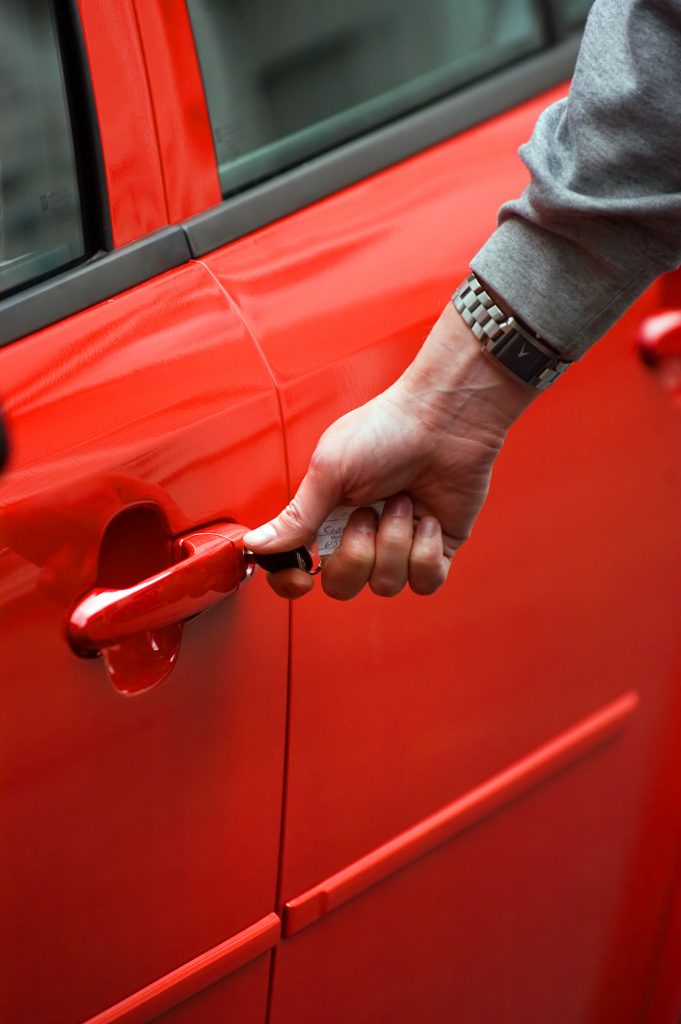If you enter into an Individual Voluntary Arrangement (IVA), you will generally be allowed to retain your car provided that it is necessary for work or family transport reasons and the car’s value is not excessive. Even if you acquired the car under a Hire Purchase (HP) agreement and are still paying up for it, you will normally be allowed to keep it, again provided that the value is not excessive and the monthly HP payments are reasonable.
So, what would be considered excessive value?
Nowadays, a car to the value of up to £5,000 would usually not be a concern to creditors when they are considering an IVA proposal. Anything above this threshold might cause creditors to question why a car of such high value is necessary and they may ask why you can’t sell it and purchase a more modest and cheaper vehicle. However, in some cases it would not be unreasonable for creditors to allow you to retain a vehicle of up to £10,000 value. It really depends on the circumstances surrounding the IVA proposal.
Keeping a more expensive vehicle in an IVA

You could make a case for retaining a higher value car in an IVA. For instance, an IVA can last up to five years or a little bit longer in some cases, so you would want the car to be of sufficient quality to last for this length of time. A cheaper car might not last as long and so the IVA proposal would have to allow for some sort of replacement vehicle to be acquired during this period. Having a higher value car to start with may strengthen the possibility of the IVA running its full course, which is obviously in the interest of creditors.
Another argument you could make is that public transport may not be appropriate for travelling to and from work and does not meet the transport needs of your dependants, such as a spouse, children, or even an elderly relative who might live with you for example. The location must also be considered in regards to the public transport available. For example, e.g. public transport in London is arguably much more superior to that of other parts of the country, including other major cities. Another thing to consider is if you work unsocial hours or variable length shifts, then public transport might not be an option. These are all reasonable grounds for retaining a good quality (and therefore more valuable) vehicle.
Of course, you might be self-employed and need a higher value car to continue working in your business. For example, if you are a taxi driver or a courier, you could make a solid case for retaining a higher quality vehicle with a professional looking appearance.
Apart from these factors, any vehicle should be roadworthy and safe and you should not be forced to ‘trade-down’ to a vehicle where health and safety might be compromised.